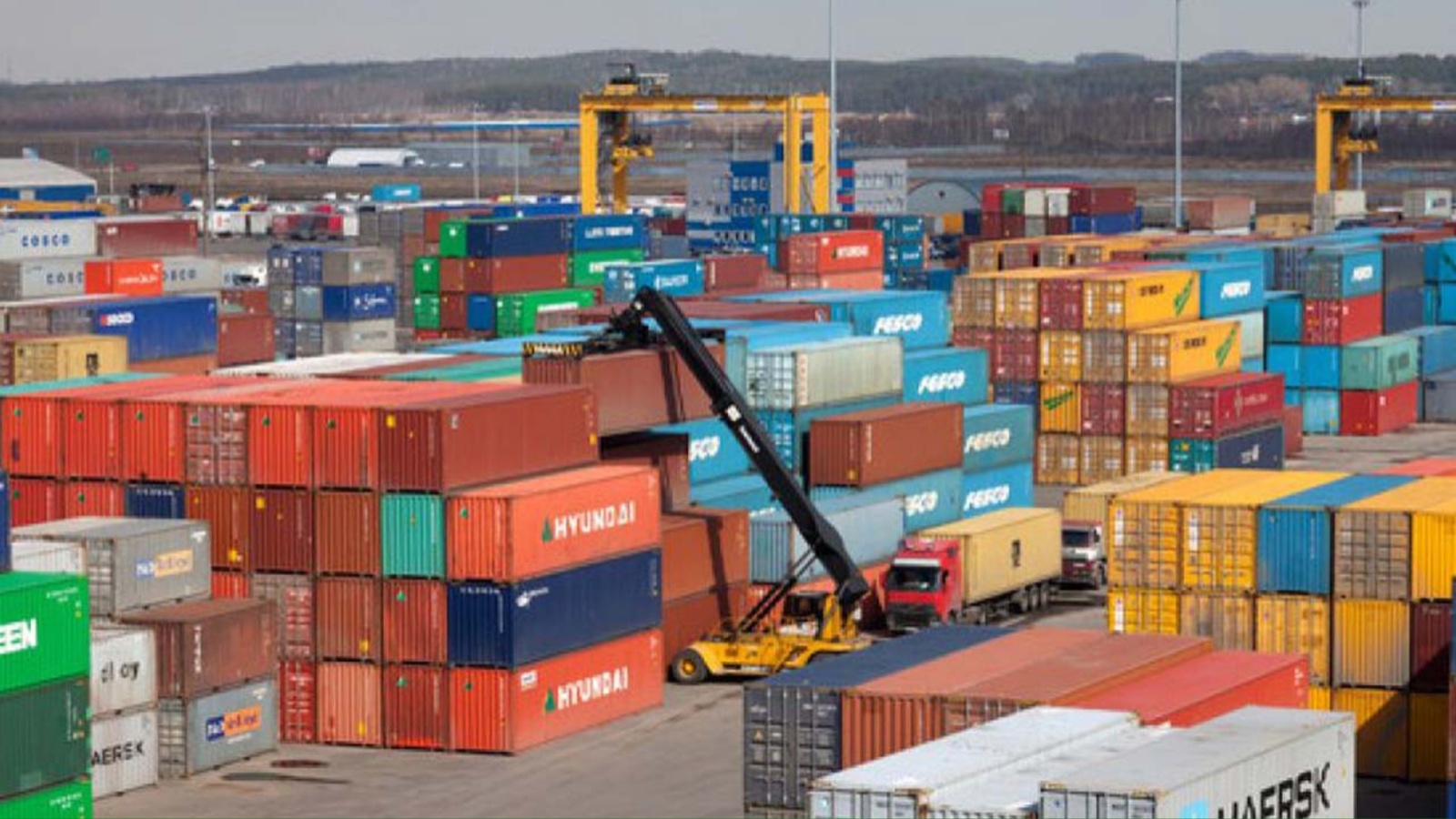Nigerian traders are cutting down their foreign trade with other African countries, a move the European countries and Asia are benefiting from.
There have been changes in the trading behaviour of Nigerian traders in the last four years, which has impacted the value of exports and imports recorded by Africa’s largest economy.
Join our WhatsApp ChannelWithin four years, Nigeria’s foreign trade increased by 44.9 per cent, which in monetary terms, represents N16.23 trillion, Prime Business Africa’s analysis showed.
The growth is recorded after a comparison of total foreign trade in 2019 and 2022, with the total foreign trade rising from N36.15 trillion to N52.38 trillion, according to data obtained from the Nigerian Bureau of Statistics (NBS).
Amid this increase, PBA analysis showed that total imports grew by 50.8 per cent, faster than exports, which increased by 39.62 per cent within the review period.
At the end of 2019, total imports stood at N16.95 trillion but increased to N25.59 trillion at the close of last year. This is a difference of N8.63 trillion.
This indicates that Nigeria remains an import-dependent country, although exports to other countries were up by N7.60 trillion, from N19.19 trillion to N26.79 trillion within the period in review.
Highest total trade by year
- N52.38 trillion (2022)
- N39.75 trillion (2021)
- N36.15 trillion (2019)
- N32.42 trillion (2020)
Highest total exports by year
- N26.79 trillion (2022)
- N19.19 trillion (2019)
- N18.90 trillion (2021)
- N12.52 trillion (2020)
Highest total imports by year
- N25.59 trillion (2022)
- N20.84 trillion (2021)
- N19.89 trillion (2020)
- N16.95 trillion (2019)
Continents Nigerians are trading with the most – by import and export?
Shrinking the review period to the first quarter (being the latest quarter result released) of 2019 and 2023, Prime Business Africa learnt that Nigerians are reducing their importation and exportation from the African continent while increasing that of Asia, Europe, America and Oceania.
- In Q1 2023, the total foreign trade was N12.04 trillion, up from N8.23 trillion reported in the same period in 2019, indicating N3.80 trillion growth.
- The total exports in Q1 this year are valued at N6.48 trillion, up from N4.53 trillion in 2019, and total imports amounted to N5.55 trillion in the first quarter of 2023, from N3.70 trillion in 2019.
- In the space of five years, the value of imports from African markets decreased from N644.1 billion in Q1 2019, to N177.50 billion in the first quarter of this year. As a result, Africa, which once accounted for 17.4 per cent of the total import trade in Nigeria, now contributes a mere 3.19 per cent.
- Recall that last week, Dangote complained about the business relationships between African countries, stating; “Why don’t you give Africans visa on arrival; that will facilitate trade. If you are making life difficult for me there is no way I will invest in your country,” he told African leaders at the 30th-anniversary celebration of the African Export-Import (AFREXIM) Bank in Accra, Ghana.
- Exports from Nigeria to African countries are also declining, with Q1 this year recording ₦665.90 billion exports, which accounts for 10.27 per cent of the total exports out of Nigeria. This is a significant drop compared to N936.8 billion exports reported in 2019, which represents 20.67 per cent.
As Africa is losing big on Nigerian investments, the best gainers are Europe, Asia and America, PBA noted in the analysis of the data obtained from NBS.
- Nigerian traders increased their imports from European countries by N1.46 trillion or 160.3 per cent between Q1 2019 to Q1 2023, rising from N913.4billion, representing a contribution of 24.7 per cent to N2.37 trillion, which accounts for 42.77 per cent. The increase closes the gap between Europe and Asian continents on Nigeria’s import bill.
- Similarly, the value of exports to Europe rose by N1.17 trillion or 64.26 per cent to cement the continent’s grip on Nigeria’s export bill.
- The value of products or goods exported to European countries in the first quarter of this year was N3.01 trillion, increasing the EU’s account to 46.43 per cent of total exports, up from N1.83 trillion and 40.43 per cent in Q1 2019.
- Import trade from Asia is valued at N2.44 trillion or 43.90 per cent of total imports in 2023, against the N1.63 trillion or 44.2 per cent posted in 2019 in the review quarter, while exports trade is valued at N1.61 trillion and represents 24.85 per cent in 2023 Q1, in contrast to the N1.32 trillion and 29.2 per cent recorded in 2019.
- Americas’ imports trade rose to N532.55 billion and 9.58% this year Q1, from N493 billion and 13.3 per cent recorded by NBS in 2019. Similarly, exports to America also increased from N405.8 billion and 8.95 per cent to N1.19 trillion and 18.39 per cent.
- Also, Oceania recorded N30.75 billion and 0.55% import trade between January to March 2023, surpassing the N18.2 billion and 0.5% reported in 2019. Meanwhile, Oceania exports dropped drastically to N3.97 billion and 0.4 per cent in the first quarter of 2023, from N34.5 billion and 0.76 per cent in 2019.
Countries Nigerians are trading with the most – by import and export?
Nigeria’s import trade partners remained constant at most, with only Belgium and Swaziland changing places. In 2023, the import destinations are China, The Netherlands, Belgium, India and the United States of America, while in 2019, China, Swaziland, the United States, India and the Netherlands occupied the list.
“By country of origin, imported goods originated mainly from China and were valued at ₦1,296.73 billion, representing 23.32% of total imports. This was followed by The Netherlands with ₦575.23 billion (10.35% of total imports), Belgium with ₦518.12billion (9.32% of total imports), India with goods imported valued at ₦427.40 billion or 7.69% of total imports, and the United States of America with ₦283,94 billion (5.11% of total imports),” the 2023 data read.
However, in 2019, the data showed that: “Imports by country of origin shows that Nigeria imported goods worth N979.30 billion or 26.44% from China. Notably, goods worth N528.89 billion or 14.28% of total imports was imported from Swaziland during the quarter.
“This significant volume of import was a result of the importation of a laboratory, hygienic or pharmaceutical glassware for humanitarian purposes, leading to Swaziland appearing for the first time among Nigeria’s top five trading partners in terms of imports.
“Other major trading partners during the quarter were the United States, India and the Netherlands which accounted for N525.30 billion or 8.78%, N242.71 billion or 6.55% and N 150.72 billion or 4.07% respectively.”
















Follow Us